The daily life of a samurai in feudal Japan from the 12th to 19th centuries was marked by discipline, a sense of duty, and warrior culture. The samurai formed a privileged class within society and were known for their bravery and loyalty.
An important aspect of the samurai’s daily life was physical training, including training with various weapons, especially the Katana Sword. It was also important to acquire knowledge of strategy, military science and philosophy. Many samurai therefore studied the works of eminent thinkers and warlords to improve their skills.
A life as a samurai was characterized by hard work and a sense of duty, but also by honor and pride. Despite their privileged status, the samurai always remained ready to fight for their convictions and their ruler. Samurai culture has left a lasting impression on Japanese society and beyond to this day.
What Did the Samurai actually Do in their Spare Time?
In their free time, samurai frequently socialized with other members of their class, participated in cultural activities such as art (e.g., calligraphy, ikebana), literature, and theater, and practiced Zen meditation to calm their minds. Some also engaged in philosophy and other spiritual studies. In addition, they often participated in physical activities such as horseback riding, archery, and sword fighting to improve their skills. A life as a samurai was characterized by discipline, but also by enjoyment of cultural and physical activities.
Were the Samurai Allowed to Have Love Relationships?
Yes, the samurai were allowed to live in love relationships. However, it was common for marriages to be arranged for political or economic reasons rather than for love. Nevertheless, there were many cases of samurai forming strong romantic bonds, and it was quite acceptable for them to have mistresses. However, it was important that these relationships remained within certain social boundaries and did not compromise honor or loyalty to the ruler.
Was a Samurai Allowed To Resign his Service?
Yes, it was possible for a samurai to resign from his service. However, this was an unusual practice and could mean the loss of social status and financial security. A samurai was a fief holder and his life and property were closely tied to the goodwill of his lord. Therefore, termination would have meant a serious breach of contract and a violation of the duty of loyalty, which could lead to social and financial consequences. In certain circumstances, such as conflict within the family or clan, a samurai could be forced to resign, but this was the exception rather than the rule.
Were there also Female Samurai?
Yes, there were female samurai in feudal Japan. They were called “Onna-bugeisha” and were women who mastered the sword and other weapons. Although most samurai were men, there were also women who were trained in the art of war and fought in wars and battles. Onna-bugeisha were especially important during feuds in the feudal age, when they were able to defend their families and lands when the male defenders had fallen or were absent. Nevertheless, the roles and position of female samurai in society were limited, and they were not as common as their male counterparts.
What Were the most common Hobbies of the Samurai?
The samurai had a number of hobbies, including:
- Riding and horse care
- Archery
- Kendo (Sword Fighting)
- Calligraphy
- Teaceremonies
- Horticulture
- Literature and poetry
- Music and dancing
Some samurai also pursued several of these hobbies, which often had a spiritual component and helped them relax and improve their skills.
What Musical Instruments Did the Samurai Play?
Music was an important part of the samurai’s culture and was often played at tea ceremonies, festivals, and other upscale occasions. It was also common for samurai to play musical instruments to improve their skills and to relax.
The samurai in ancient Japan played a variety of musical instruments, including:
- Koto (a 13-stringed lute)
- Shamisen (a three-stringed lute)
- Biwa (a four-stringed lute)
- Shakuhachi (a flute)
- Taiko (a bass drum)
- Fue (a small flute)
- Wadaiko (a small drum)
What Were the Favorite Foods of the Samurai?
The samurai in ancient Japan had a rich and varied cuisine influenced by different regions and cultural groups. Some of their favorite dishes were:
- Sashimi (raw fish)
- Sushi (matured rice with fish or vegetables)
- Unagi (eel)
- Tempura (deep fried vegetable and fish pieces)
- Tofu (soybean curd)
- Nabe (a kind of soup with vegetables and meat)
- Mochi (a kind of sweet dough made from rice flour)
The samurai also ate a lot of rice, as it was the staple food in ancient Japan. Their meals were often simple and plain, but very flavorful, as they used fresh ingredients and spices. The samurai placed great importance on a healthy diet and believed that a balanced diet could help them maintain their physical and mental fitness.
Were there also Foreign Samurai?
Yes, there were foreign warriors who were samurai in the service of Japanese rulers. For example, some members of the Ryūkyū dynasty in the Okinawa Islands were samurai in the service of Japanese feudal lords. There were also some Western adventurers and sailors who entered the service of Japanese rulers and were trained as samurai.
However, it is important to note that most of the samurai were Japanese and that there were strict social and cultural hierarchies in ancient Japan that made it difficult for foreign warriors to be fully integrated into the samurai culture. Nevertheless, it was possible for some foreign warriors to rise to the rank of samurai and be recognized as such.
Were there Really Cannibals among the Samurai?
Cannibalism was not a widespread practice in ancient Japan and was considered immoral and abhorrent. It is not known that there were cannibals among the samurai. The samurai were a privileged warrior caste and followed a code that emphasized virtues such as honor, duty, and bravery. Cannibalism was completely contrary to these values and would have been considered inappropriate and repugnant by the samurai.
Get your Own Samurai Sword
Samurai culture has held an undying fascination for people for centuries. As an elite warrior caste in ancient Japan, the samurai embodied a unique combination of warfare, artistry, and spiritual depth. Samurai swords, known as katana, represent a symbol of the strength, speed and beauty of the samurai culture. For those who are fascinated by the world of samurai, we offer high quality Samurai Swords of the highest perfection. Each sword is crafted with great care and embodies the artistry and pride of the samurai culture. Whether for a master or collector, these swords are an impressive piece of history and art.
Those who share the fascination for the world of the samurai will be thrilled by the numerous katana models and especially by the Custom Katana Configurator from Katanzo. Each sword is a masterpiece that reflects the tradition and beauty of samurai culture.


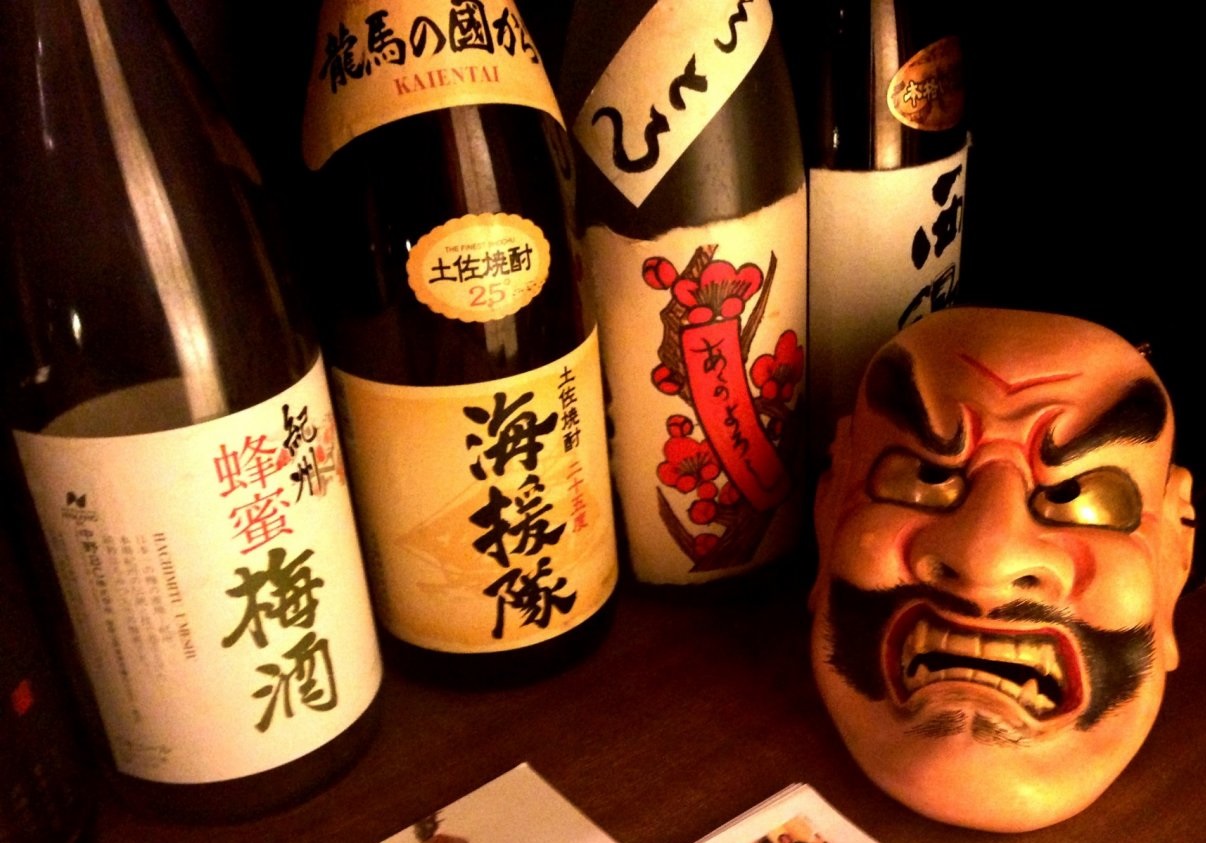
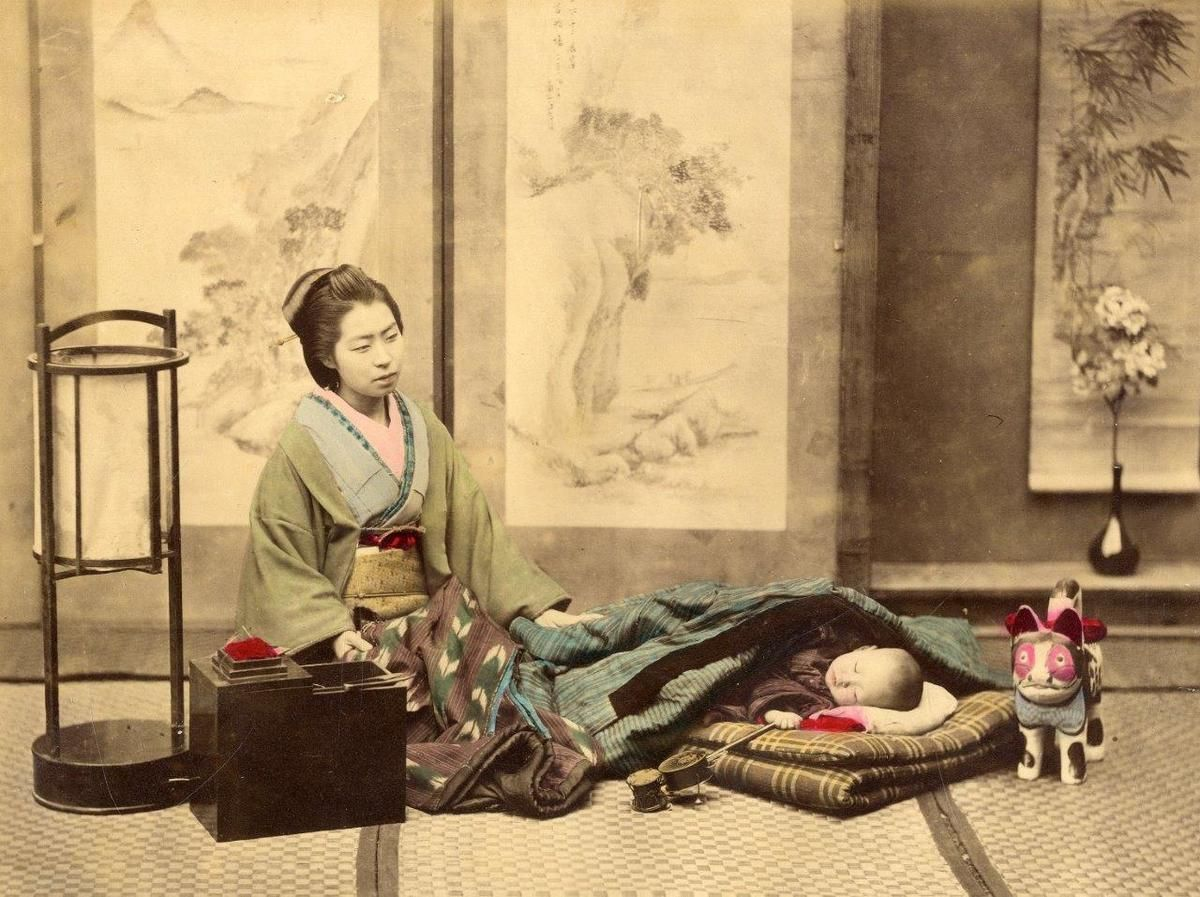
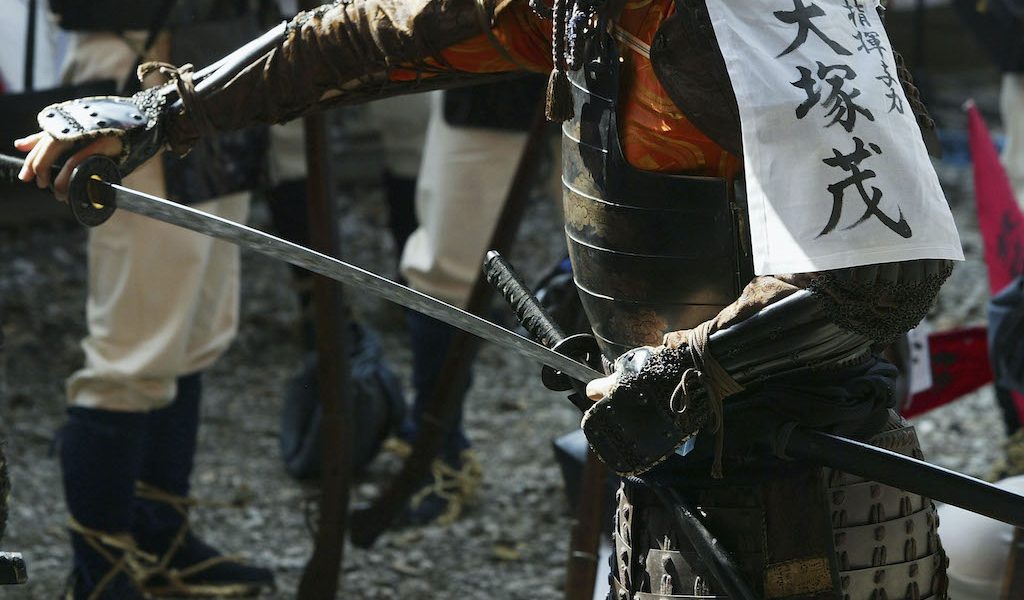
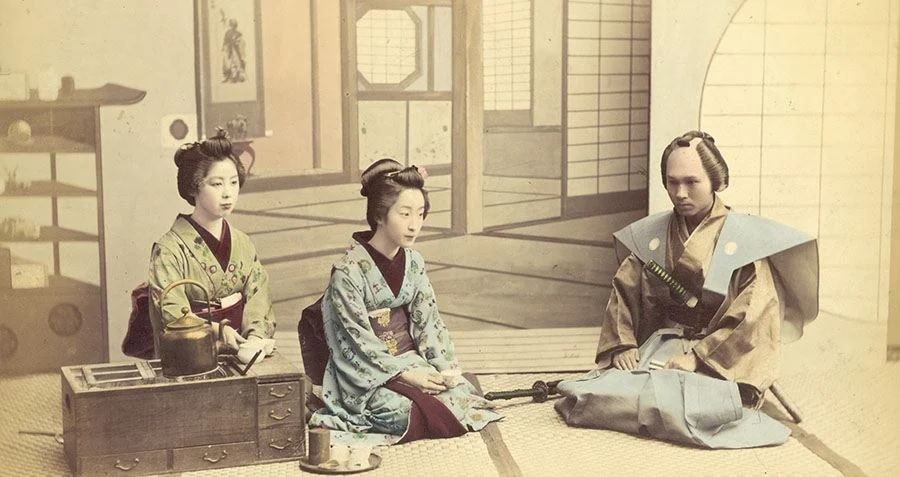
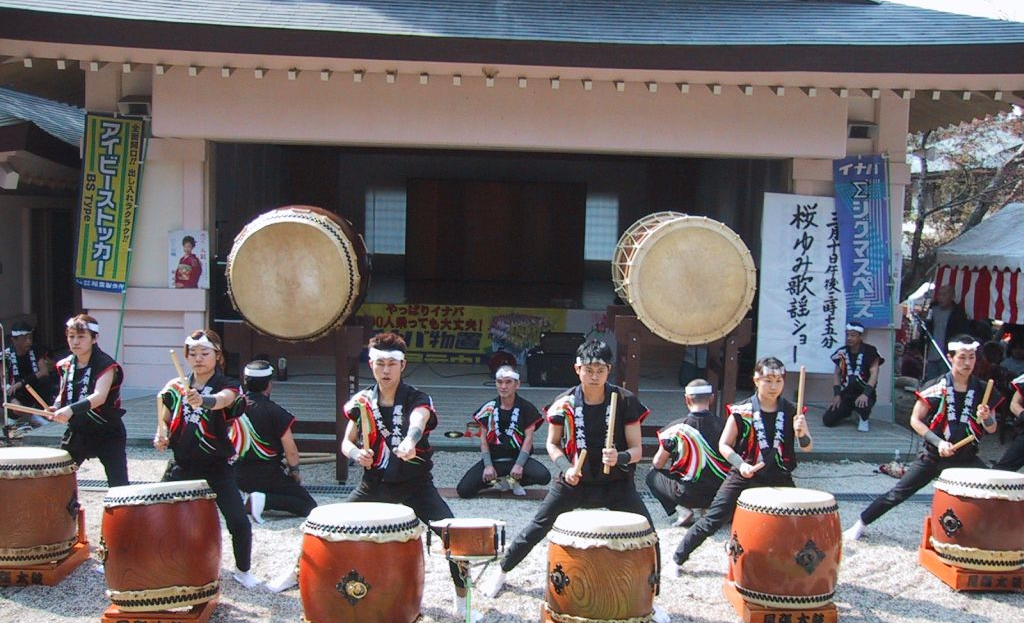
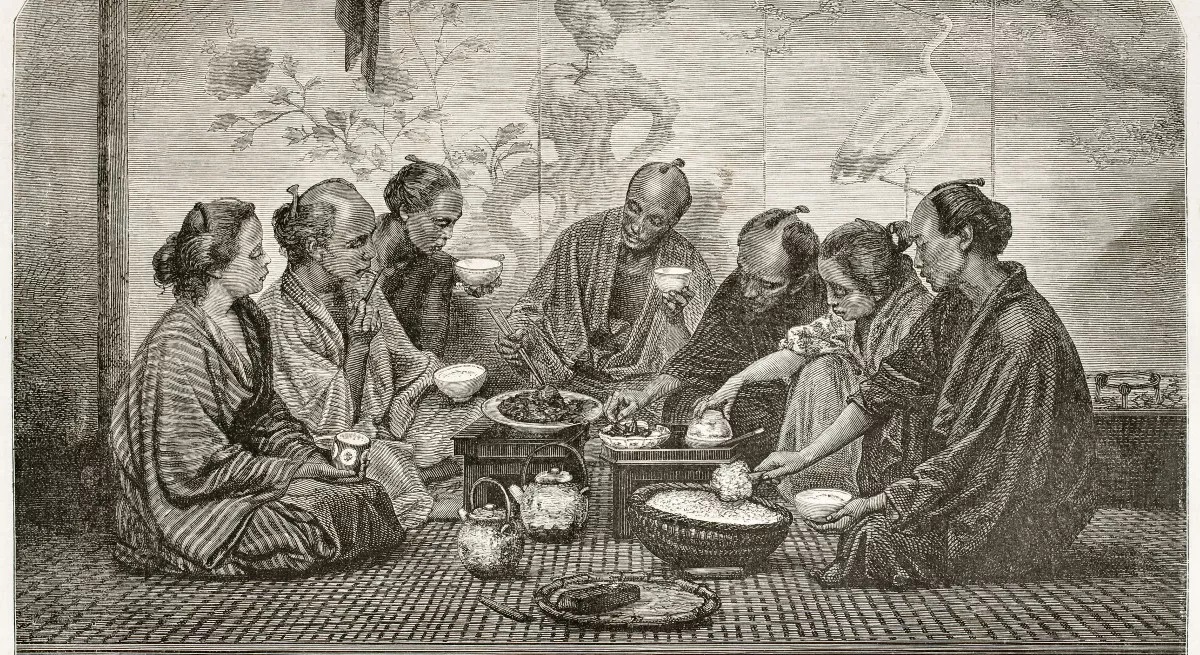
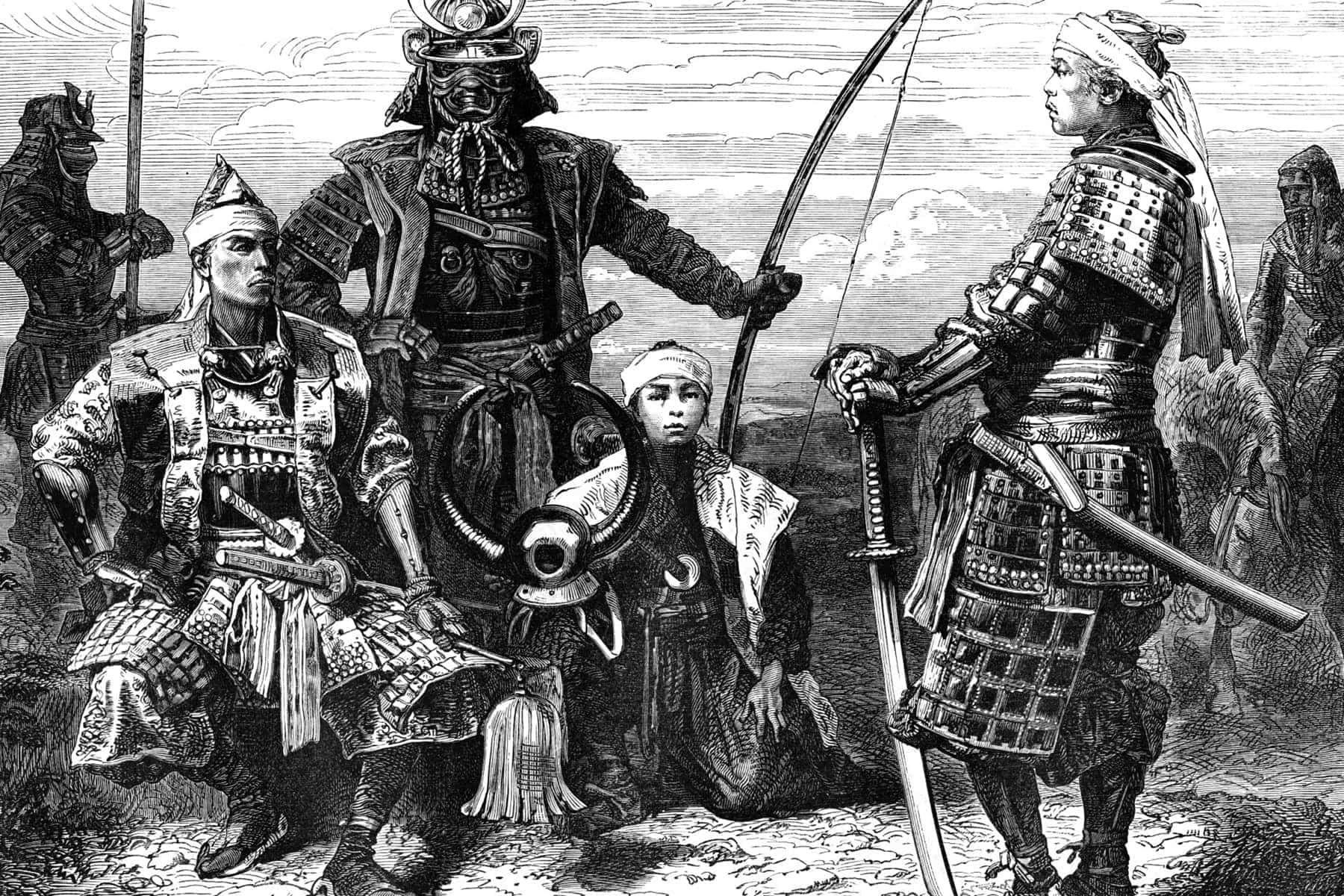


Katana from our shop:
Katana “Doragon no Hi”
Katana “Kogane no Doragon”
Katana “Mitsuri”
Katana “Roiyaru Tonbo”